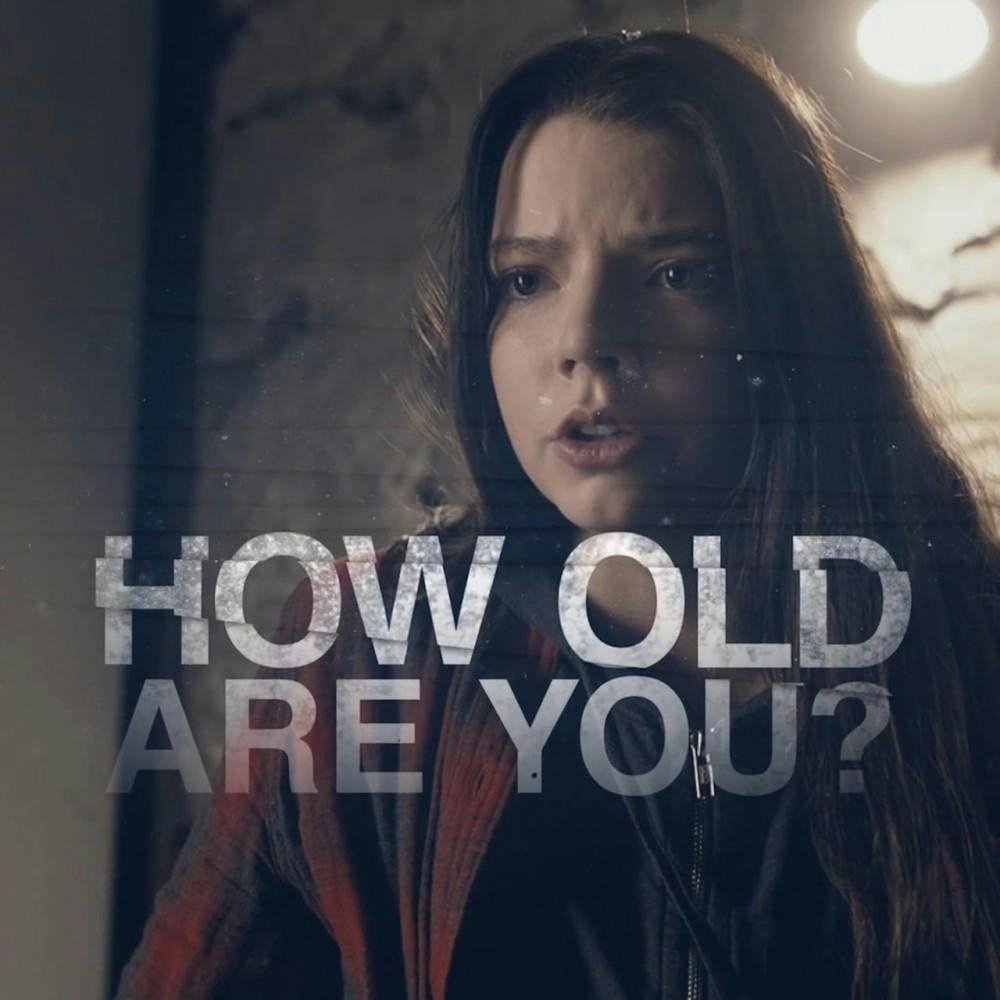M. Night Shyamalan’s Split is no new concept. The world of cinema is saturated with successful films about multiple personality disorder, including movies like Fight Club, Psycho and Primal Fear. And while James McAvoy puts on a amazing and convincing performance as Kevin Wendell Crumb and his 23 other personalities, Split failed to confirm the hype surrounding the trailer and M. Night Shyamalan's supposed comeback.
One of the more frustrating parts of being known for directing and writing plot twist endings is that when you don’t deliver, it’s even more devastating. Split’s plot was already a lot to deliver on. Kevin Wendell Crumb has 23 identities within his body but has been mostly taken over by three of them. These are the three personalities that lead him to kidnap three girls from King of Prussia mall, in preparation to sacrifice them to some presumably dark being and supposed 24th personality.
Split was marketed as a psychological thriller but feels much darker and heavier in comparison to recent genre titles. It attempted to ground itself in the reality of multiple personality disorder, but veered more into horror territory due to extreme and violent depictions of this mental illness. Split finds these three teenage girls imprisoned in a cellar, subjected to visits from the personalities within Kevin's body. This forms the chief entertainment within the film, as the audience gets to witness how he interacts with his captives through several different projections of himself. But one cannot help but question this problematic and violent depiction of Dissociative Identity Disorder, which has made the film controversial in many circles.
Taking into account how much stress one would be under if kidnapped, it seemed Wendell’s captives acted in irrational ways, cool and calculated one minute and then hysterical and unreasonable the next. In one scene, the protagonist Casey gained access to a set of keys that would unlock some, if not all, of the doors her captive had locked her behind. In movie time, it took her two hours to decide if she should run to her freedom or not. And in those two hours, Dennis (one of the twenty–three personalities) realizes the key is missing, wasting her chance.
Despite the movie's flat and unsatisfying ending that attempts to overlap with Shyamalan's 2000 film Unbreakable, the movie itself still felt very real. You'll intensely develop an emotional attachment for the characters. McAvoy also did an impressive job portraying the different personalities as completely different people, and the girls are similarly convincing. It's clear that Shyamalan wanted to form some sort of commentary on mental illness with Split, as he attempts to explore abuse in Wendell's childhood and the Casey's pasts. But the result is clunky and demonizing, and it loses Wendell's humanity in the process. For fans of horror, watch it with a critical eye. For everyone else, you might want to look elsewhere for a fun February flick.
Photo by Creative Commons.

